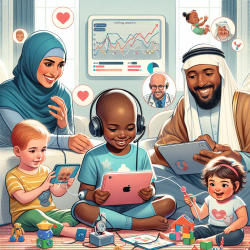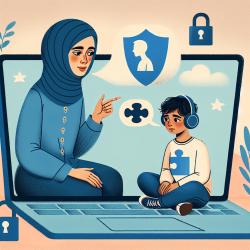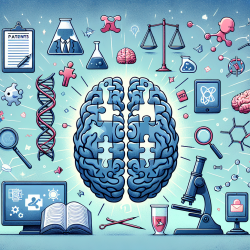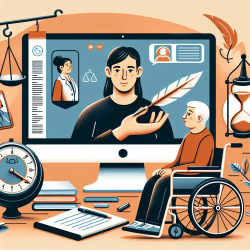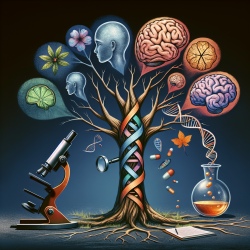As practitioners dedicated to improving the lives of children, understanding the nuances of health utility in pediatric acute lymphoblastic leukemia (pALL) is essential. A recent study titled "Health utility of children with acute lymphoblastic leukemia in China" offers valuable insights that can inform our therapeutic approaches and ultimately enhance the quality of life for our young patients.
Conducted at the Shanghai Children's Medical Center, this study assessed the health utility of 247 children with pALL across different treatment phases: induction, consolidation, and maintenance. The findings revealed that health utility scores, which measure health-related quality of life (HRQoL) on a scale from 0 (death) to 1 (full health), significantly varied across these phases.
Key findings from the study include:
- Overall mean health utility score was 0.79 (±0.17).
- Scores increased from induction (0.73 [±0.19]) to consolidation (0.74 [±0.18]) and to maintenance (0.82 [±0.16]).
- Lower age and induction phase were significantly associated with high severity reported on the “school work/homework” dimension.
- The induction phase was independently associated with high severity levels in the “able to join in activities” dimension.
These results highlight the critical need for targeted interventions, particularly during the induction phase, to address the dimensions most impaired—school work/homework and ability to join in activities. As practitioners, we can leverage these insights to develop and implement specific strategies that support children's academic and social participation during treatment.
Here are actionable steps you can take based on the study’s findings:
- Tailored Academic Support: Collaborate with educational professionals to create individualized education plans (IEPs) that accommodate the fluctuating health states of children with pALL.
- Social Participation Programs: Develop or enhance virtual and in-person social support programs that encourage peer interaction and participation in activities, even during hospital stays.
- Parental Education: Educate parents on the importance of maintaining normalcy in their child’s daily routine and provide them with resources to support their child’s learning and social engagement.
- Interdisciplinary Collaboration: Work closely with oncologists, psychologists, and social workers to ensure a holistic approach to the child's well-being, addressing both physical and psychosocial aspects.
By implementing these strategies, we can make significant strides in improving the HRQoL for children with pALL. For a deeper understanding and to explore further research opportunities, I encourage you to read the original research paper: Health utility of children with acute lymphoblastic leukemia in China.
Together, we can unlock better outcomes and brighter futures for our young patients.
